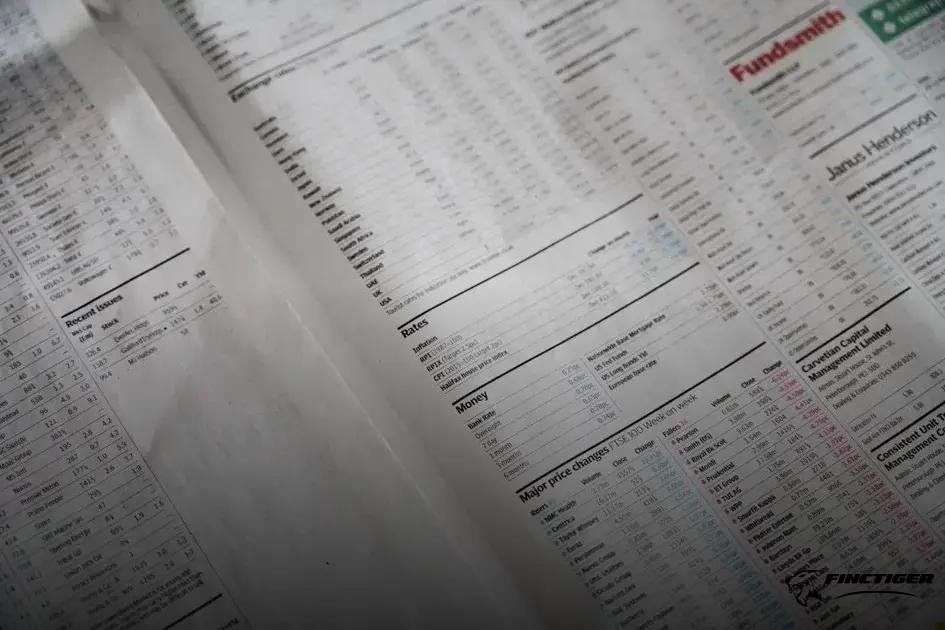Understanding how to avoid common credit score mistakes is essential for maintaining a healthy financial profile. Small errors can lead to significant impacts on your creditworthiness, so it’s important to be proactive. Learn what errors to avoid, how to correct them, and how to monitor your credit standing effectively.
Understanding the Basics
A credit score plays a crucial role in your financial life, influencing loan approvals and interest rates. Grasping its essentials involves unraveling how it’s calculated and understanding the elements affecting it. Your score typically ranges from 300 to 850, compiled using data from your credit report. Important factors include your payment history, the amount owed, and the length of credit history.
Credit bureaus gather this information, so ensuring its accuracy is vital. Mistakes can happen, from incorrect payment dates to unreported loans. Knowing the basics aids in recognizing potential errors, leading to proactive correction.
Exploring the types of credit, such as revolving and installment, is another aspect. Each type affects your score differently, emphasizing the importance of diversity in your credit portfolio. Additionally, calculating your credit utilization ratio—how much credit you’re using compared to your limit—is a critical factor. Keeping this ratio below 30% can positively influence your credit score.
By honing in on these foundational concepts, you’re better equipped to handle your credit responsibly. Understanding credit limits and payment timelines aids in avoiding unnecessary fees and penalties.
Regularly reviewing your credit report for signs of anomalies or inaccuracies safeguards your financial standing. This guide lays the groundwork for a sound credit score strategy.
Identifying Common Mistakes

Understanding which errors frequently occur in credit score reports can help significantly in maintaining a healthy financial status. One common mistake involves ignoring discrepancies in your personal information, such as name or address. This might seem trivial, but these inconsistencies can lead to more serious data errors that impact your credit score. Always ensure that all your personal information is accurate and up-to-date.
Another frequent error stems from accounts that are incorrectly reported as late or delinquent. This situation often arises from simple reporting mistakes by creditors or credit bureaus. It’s important to check your reports regularly to catch these errors early.
Incorrectly reported account balances are another issue that can adversely affect your score. Verify that balances are recorded accurately, including amounts owed and available credit limits. These figures directly impact your credit utilization ratio, a crucial component of your credit score.
Misreported credit inquiries also commonly affect credit scores. Each hard inquiry can lower your score slightly, so it’s essential that these are reported correctly. Watch out for any unauthorized inquiries, as they may indicate identity theft or other issues.
Identifying fraudulent accounts opened in your name is crucial as such activity can severely harm your score. Regular vigilance is necessary to catch any unfamiliar accounts early, allowing you to act quickly.
Finally, make sure closed accounts are reported as such. An open account that you’ve closed can impact credit calculations and availability of credit, skewing your credit report.
Implementing Corrective Measures
Once you’ve identified inaccuracies in your credit report, it’s essential to take immediate actions to correct them. Begin by gathering evidence that supports your case, such as bank statements or payment records. Submitting these documents along with your dispute can speed up the correction process.
Contact the credit bureau that issued the report to file your dispute. Most credit bureaus offer online forms to simplify this process. Make sure to include clear, concise details about the error and the actions you’re requesting to fix the problem. Using proper documentation and providing explicit instructions often leads to swifter resolutions.
Keep track of dates and actions taken during this phase. This will help you monitor the response times of the credit bureaus and ensure they comply with legal timelines for addressing disputes. Depending on the situation, you might need to follow up with the creditor involved directly.
Patience and diligence are essential. Sometimes, the credit bureau might not accept your dispute initially. In that case, consider emerging documentation or even legal advice to escalate the issue. Correcting credit report errors can significantly boost your credit score, making the effort worthwhile.
Monitoring Your Progress

It’s essential to keep an eye on your credit score regularly to ensure everything is accurate. Utilize online tools that offer free credit score tracking. These services provide alerts when there are changes to your credit report, allowing you to act swiftly if any errors arise. Regular Monitoring serves as a preventive measure against unexpected drops in your credit score.
When you receive these updates, carefully examine each section of your credit report. Focus on identifying any unfamiliar accounts or inquiries. If discrepancies are found, report them immediately to prevent any prolonged negative effects on your score.
Moreover, track your credit utilization ratio. This represents the amount of credit you’re using compared to your available credit limit. Aim to keep your utilization below 30% to maintain a healthy score. Consistent Monitoring aids in recognizing spending patterns that might be harming your credit health.
In addition to these practices, set reminders to review your credit score on a monthly basis. Use this time to check for long-term improvements and adjust your financial habits as needed. Consistent oversight ensures that surprises are minimized, keeping your credit score in check and error-free.




